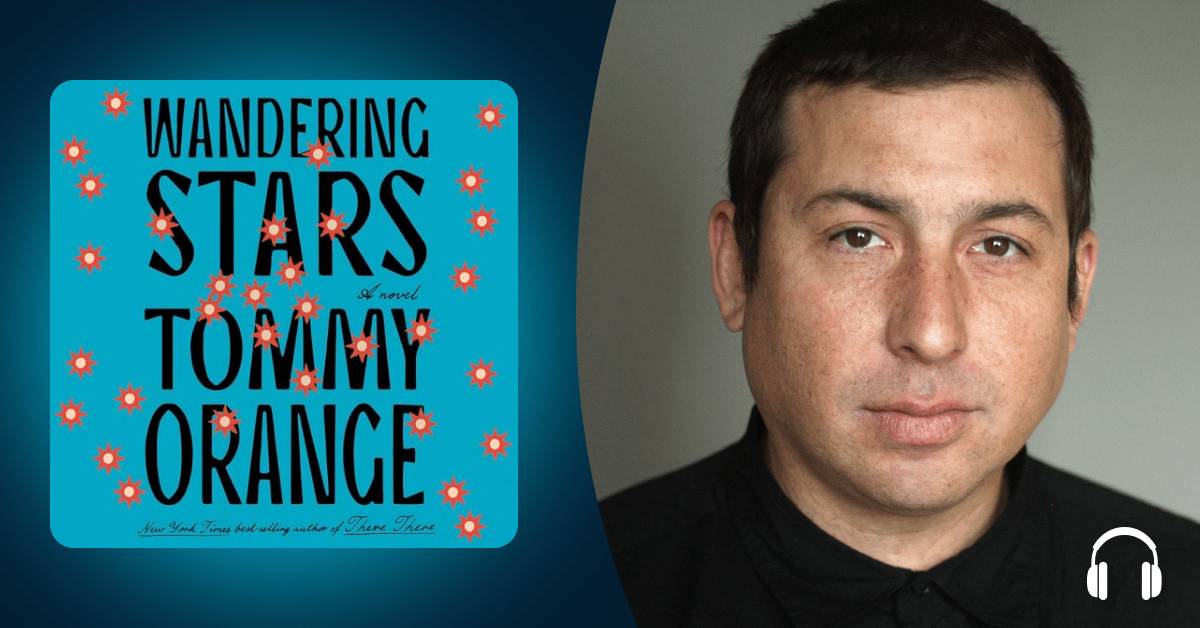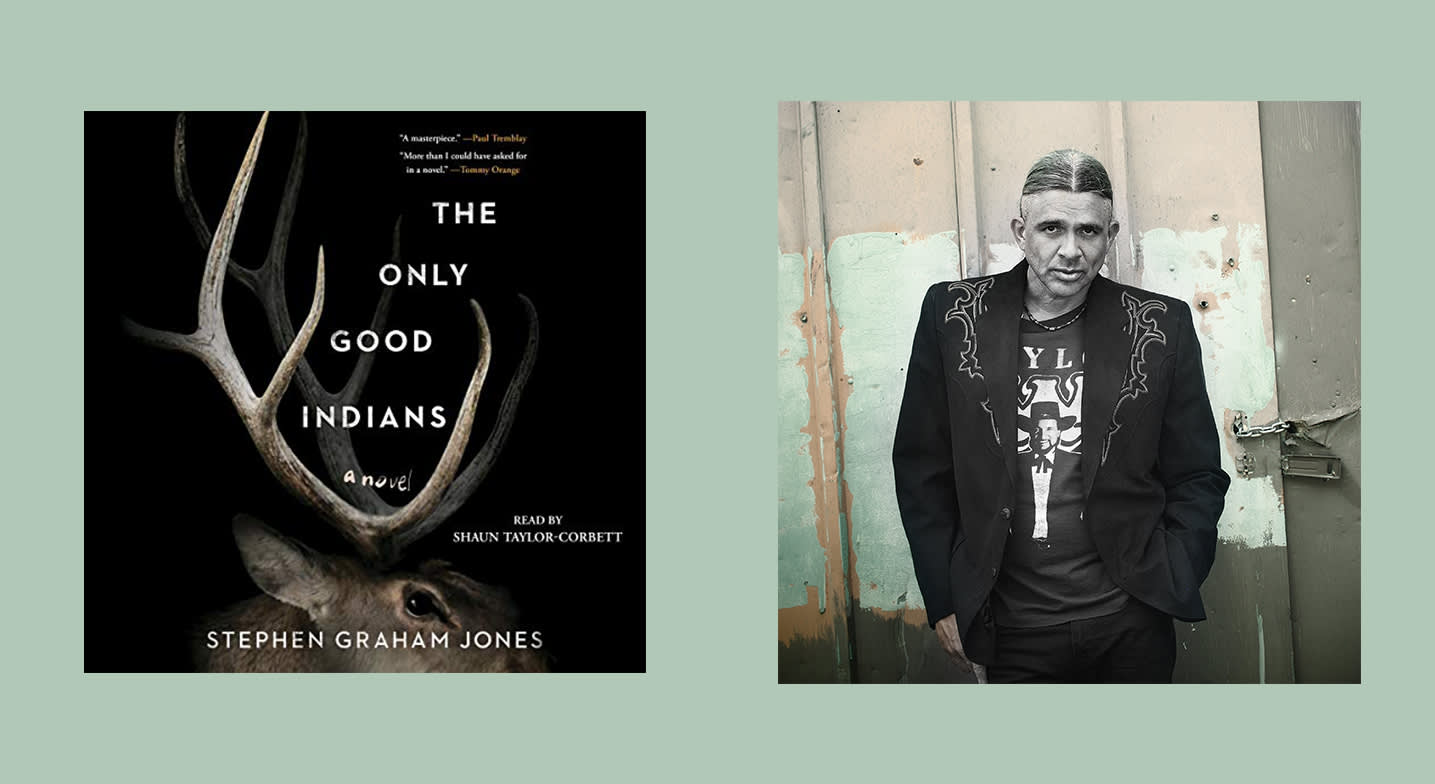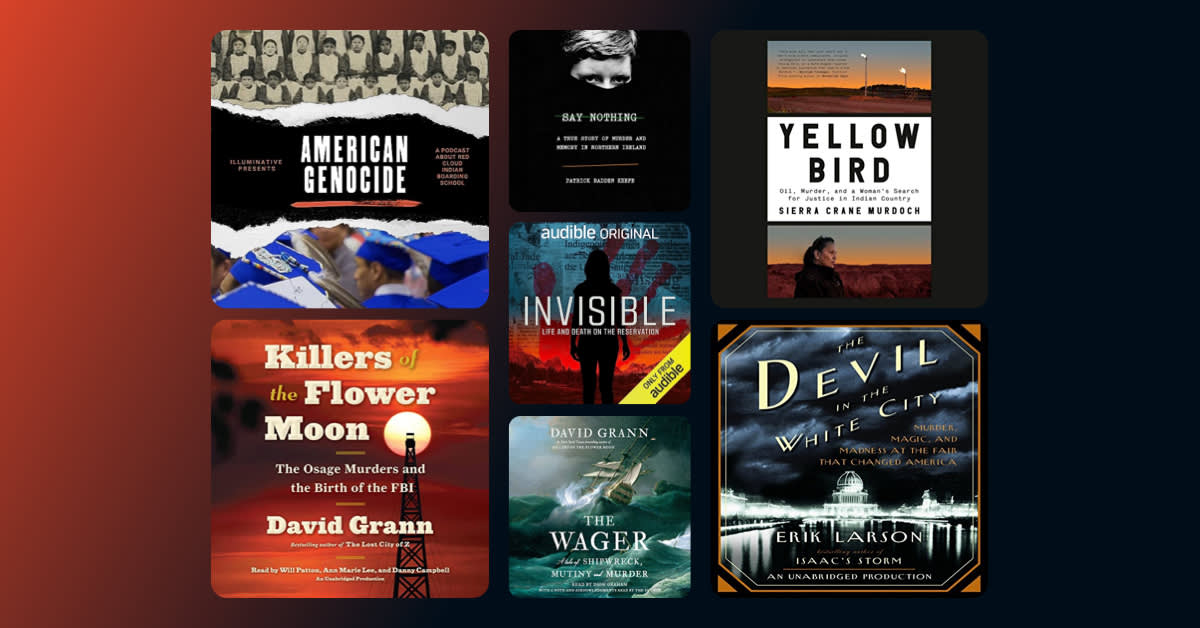Combining archival research and interviews with her own experience—both as an enrolled member of the the Lumbee Tribe of North Carolina and a policy practitioner and advisor who spent seven years working in the Obama Administration—Carrie Lowry Schuettpelz offers an intimate look at the historical, racial, and political dynamics at play in the ongoing fight for Native sovereignty in her debut work of nonfiction.
From the federal government’s intrusion into the process of Tribal enrollment and Indigenous identity-making to what it could look like if Tribes were finally afforded the ability to define community and identity for themselves, The Indian Card explores the question of “Who is Indian enough?” and who is afforded the ability to answer.
Michael Collina: The Indian Card is a long overdue exploration of how the US government is still controlling Indigenous identities and communities to this day—largely through bureaucratic processes and an unnecessarily complex, convoluted procedure. What is your biggest piece of advice for folks navigating the current system of Tribal enrollment and verification?
Carrie Lowry Schuettpelz: I'd say the best thing folks can do is to gather all of their paperwork in advance. Most Tribes have the steps of enrollment listed on their websites, including what documents people need to enroll. I don't recommend reaching out to a Tribe as the first step of the process but rather doing as much on your end as possible.
How do you think we can change the current system and help put the power to define and establish identities and decisions of citizenship and sovereignty back to Indigenous communities?
My goal has never been to make unsolicited policy recommendations to Tribes. It's not my right to tell Tribes how to determine their membership—and it's also not the right of the federal government. I think a better question would be, "What are the ways in which Tribes need the federal government to relinquish power and control?" And that would require asking them.
You conducted some extensive research and in-depth interviews in writing this audiobook. Were there any individuals you spoke to or learned about that you can’t get out of your mind or think more people should know about?
My work to return the records of Karen and Don Diver has left me with a passion for that work. Since writing The Indian Card, I have begun a project through the Native Policy Lab at the University of Iowa—which I direct—to return Indian Boarding School records to survivors, their families, and their Tribes. It really feels like the very least we can do to support survivors.
The Indian Card is a deeply personal exploration of what it means to be Native American in the United States. What has writing this audiobook meant to you personally? Are there any specific reckonings about your own experiences, history, and identity that you’d be open to sharing with us?
There were definitely moments of deep fear, writing this book. It can feel scary to talk about something so personal but also something that feels so personal to so many people. I have had to come to terms with the contradictions that enrollment presents. I have said all along that I wrote this book for my children, and if they find it helpful in navigating their own identities some day, that will feel really meaningful.
What other audiobooks or podcasts would you recommend to listeners after listening to The Indian Card?
By the Fire We Carry by Rebecca Nagle
Thinning Blood by Leah Myers
There There by Tommy Orange
Heart Berries by Terese Marie Mailhot
Fire Exit by Morgan Talty




